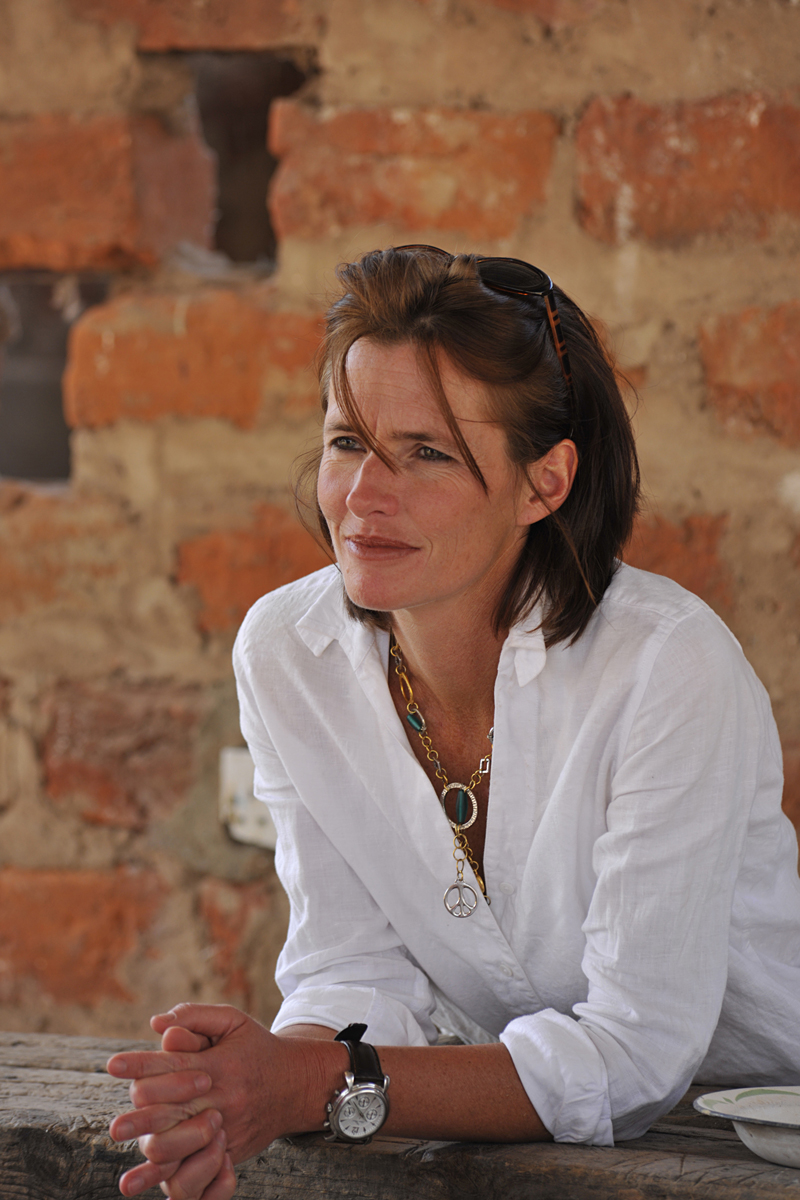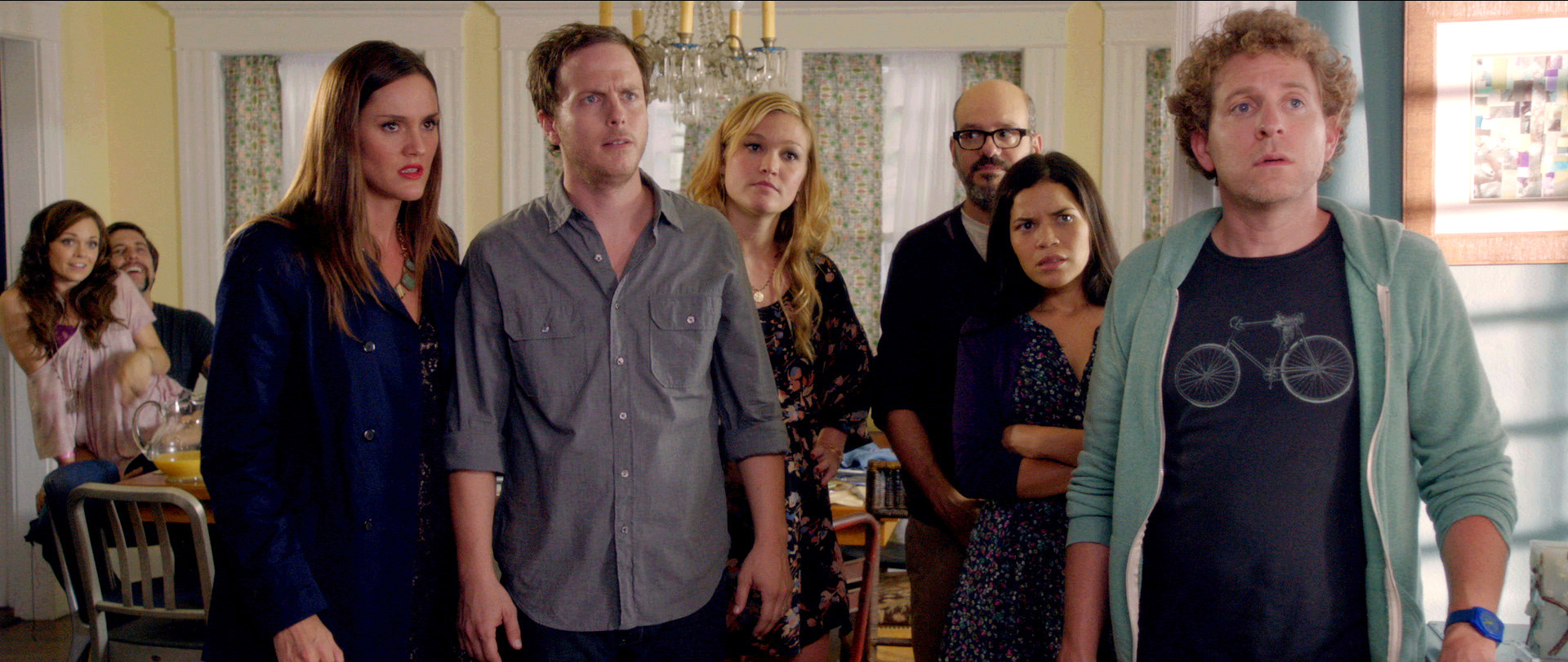In her best-selling 2001 memoir Don’t Let’s Go to the Dogs Tonight, Alexandra Fuller depicted her mother in colorful, memorable detail. Nicola, now 67 years old, was portrayed as a lurching alcoholic, a racist who bitterly longed for the days of “White-ruled Africa,” and a wildly unpredictable manic-depressive. The paperback edition of Dogs includes an epilogue in which Alexandra Fuller adds that she was inspired to write the book by Mary Karr’s The Liars’ Club—”told beautifully from the wide-eyed point of view of a child who accepts her mother for what she is, without rancor or resentment and without an attempt to explain her mother’s irrational and occasionally dangerous behavior.”
In Fuller’s dramatic new memoir, Cocktail Hour Under the Tree of Forgetfulness (Penguin, $25.95), we learn that her mother didn’t quite accept that explanation. Nicola subsequently refers to Dogs as “the Awful Book” and bars anyone in the family from mentioning it by its proper title. (Never mind that she encouraged Alexandra, or “Bobo,” as she is called, to become a writer and herself made it a personal goal to live a life “Worthy of Fabulous Literature,” a la Out of Africa.) Cocktail Hour can thus be seen as Fuller’s second attempt to convince her mother that her memoirs aren’t betrayals but testaments of love and family loyalty. It tells the story of Nicola’s tempestuous, bold saga of an African life, which is indeed fabulous and literature-worthy.
Nicola was born on Scotland’s Isle of Skye, but like her daughter grew up in Africa, where she forever planted her heart and soul. Fuller relates her mother’s childhood in Kenya, where her best friend was a chimpanzee, her mode of transportation was a sulky, devious donkey, and where she was by turns beaten by her drunken ayah (nanny) and the nuns at her convent school. “They smacked me and punished me and banished me,” Nicola tells Alexandra, “but it just made me more difficult and defiant.” Tellingly, the flinty Nicola’s favorite hobby becomes the dangerous sport of steeplechase racing, but, Fuller writes, “In her view, the immediate peril of a situation is always weighed against the glamorous obituary that might be written if the thing killed you.”
That quote could be immediately applied to Nicola’s dedication to life in post-colonial Africa, vividly described in Cocktail Hour, where wars of independence rage and terrorists plant anthrax and salt the water with cholera. Rather than abandon the continent, Nicola, armed with an Uzi, moves from country to country, farm to farm, her family, dogs, and orange Le Creuset cooking pots in tow. (In another episode, she attempts to sneak a suitcase of haggis through Zambian customs.) “You learn not to mourn every little thing out here,” says this mother who lost three of her five children. “You can’t, or you’d never, ever stop grieving.”
Today based in Wyoming, Fuller writes that her family has never been the huggy, affectionate type. Yet her two memoirs can be seen as her expressions of enduring love for the clan—her crazy mother, her older sister Vanessa, and her father Tim. Despite all Nicola’s turbulence, she and Tim remain happily married on a fish and banana farm in Zambia. While Dogs so strongly evoked Fuller’s ’70s childhood in Zimbabwe/Rhodesia, Cocktail Hour delves beyond those years in a proud homage to her parents and the land they love. Her descriptions of the big gold sun, the air thick with gardenias and frangipani, the lakes pink with flamingos, and the stars over the Indian Ocean are breathtakingly beautiful. Nicola’s fierce devotion to Africa, for all its hardships, parallels Fuller’s unblemished respect for her difficult mother. She’s a little unbalanced, but Fuller doesn’t care.
And neither, for that matter, does Nicola: “I am mad,” she says. “We all know that, but it’s not a problem.”








